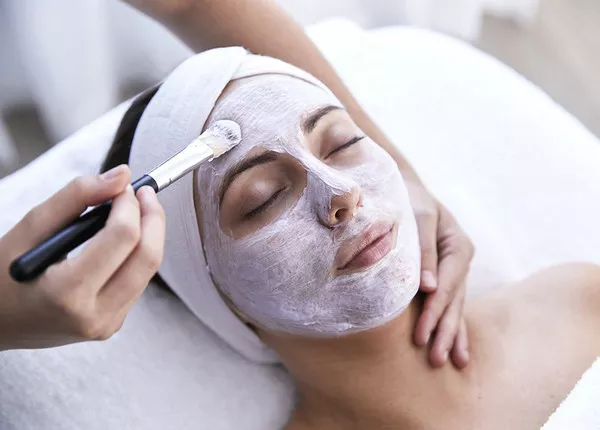Scars, whether from surgical procedures, accidents, or skin conditions, can often be a source of self-consciousness and concern for many individuals. As people seek ways to minimize the appearance of scars, the use of specialized soaps has emerged as a potential solution. In this article, we will delve into the world of scar management and explore the effectiveness of various types of soaps in reducing the visibility of scars. By understanding the ingredients, benefits, and limitations of these soaps, individuals can make informed decisions about incorporating them into their skincare routine.
Understanding Scars and Scar Formation
1. The Healing Process
Scars are a natural part of the body’s healing process. When the skin is injured, the body produces collagen fibers to repair the damage. The type of scar that forms depends on factors such as the depth and severity of the wound.
2. Different Types of Scars
Scars come in various forms, including hypertrophic scars, keloid scars, atrophic scars, and more. The appearance of scars can vary based on their location, size, and the individual’s skin type.
The Role of Soap in Scar Management
1. Cleansing and Exfoliation
Soap plays a role in scar management by providing gentle cleansing and exfoliation to the skin. Regular cleansing helps prevent the buildup of dirt, oil, and dead skin cells that can hinder the skin’s natural healing process.
2. Specialized Scar-Reducing Ingredients
Certain soaps are formulated with ingredients that have been shown to have potential benefits in reducing the appearance of scars. These ingredients include natural extracts, vitamins, and exfoliating agents.
Effective Soap Ingredients for Scar Management
1. Silicone-Based Soaps
Silicone is a common ingredient in scar management products due to its ability to create a protective barrier over the scar and maintain moisture levels, which can aid in reducing scar visibility.
2. Vitamin E-Enriched Soaps
Vitamin E is known for its antioxidant properties and potential to improve skin texture. Some soaps contain vitamin E to help promote healthy skin and minimize scar appearance.
3. Exfoliating Soaps
Exfoliating soaps containing ingredients like glycolic acid, salicylic acid, or lactic acid can help remove dead skin cells and stimulate collagen production, potentially improving the texture of scars.
4. Natural Extracts
Some soaps incorporate natural extracts like aloe vera, chamomile, or rosehip oil, which are believed to have skin-soothing and regenerative properties that can aid in scar reduction.
Factors to Consider When Choosing a Scar-Reducing Soap
1. Skin Sensitivity
Individuals with sensitive skin should opt for gentle, fragrance-free soaps to avoid potential irritation or allergic reactions.
2. Ingredient Compatibility
It’s important to ensure that the soap’s ingredients are compatible with your skin type and any existing skincare products you use.
3. Clinical Evidence
Look for soaps that have been clinically tested or have studies supporting their effectiveness in scar management.
Combining Soap with Other Scar Management Techniques
1. Moisturization
Regularly moisturizing the scarred area can help improve its texture and appearance. Consider using a moisturizer with ingredients like shea butter or hyaluronic acid.
2. Sun Protection
Protecting scars from the sun’s harmful UV rays is crucial to prevent hyperpigmentation and worsening of scar visibility. Use sunscreen with a high SPF on exposed scars.
3. Professional Guidance
For more severe scars or if you’re uncertain about the best approach, consult a dermatologist or skincare professional for personalized recommendations.
Managing Expectations
While using specialized soaps can be beneficial in scar management, it’s important to manage expectations. Complete scar removal is often not possible, but improvements in texture and color can be achieved.
Testimonials and User Experiences
1. Real-Life Experiences
Reading about the experiences of individuals who have used scar-reducing soaps can provide insights into their effectiveness and potential results.
2. User Recommendations
Online communities and forums can be valuable resources for finding recommendations from individuals who have successfully incorporated scar-reducing soaps into their skincare routine.
Conclusion
In conclusion, specialized soaps can play a role in scar management by providing gentle cleansing, exfoliation, and targeted ingredients that have the potential to improve the appearance of scars. By understanding the types of scars, effective soap ingredients, and factors to consider when choosing a soap, individuals can make informed decisions about their skincare routine. However, it’s essential to remember that complete scar remov


